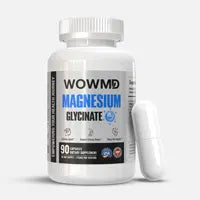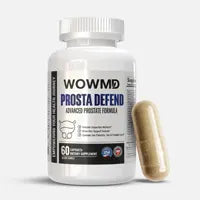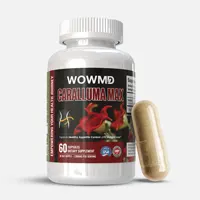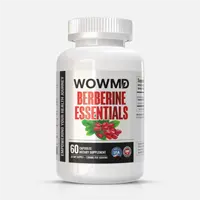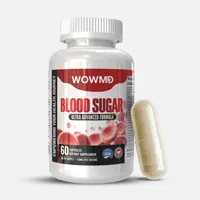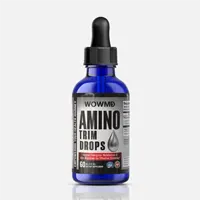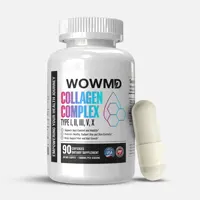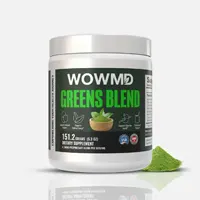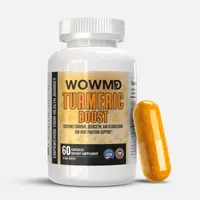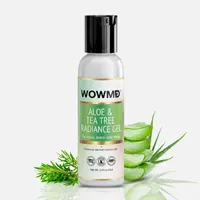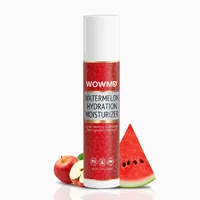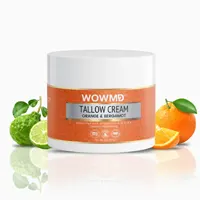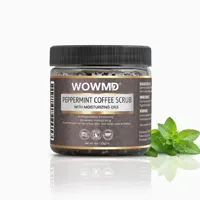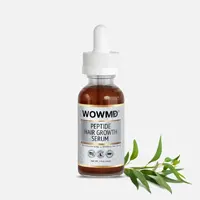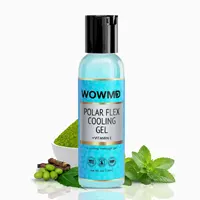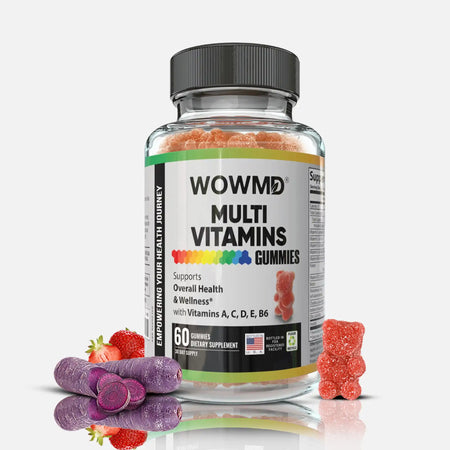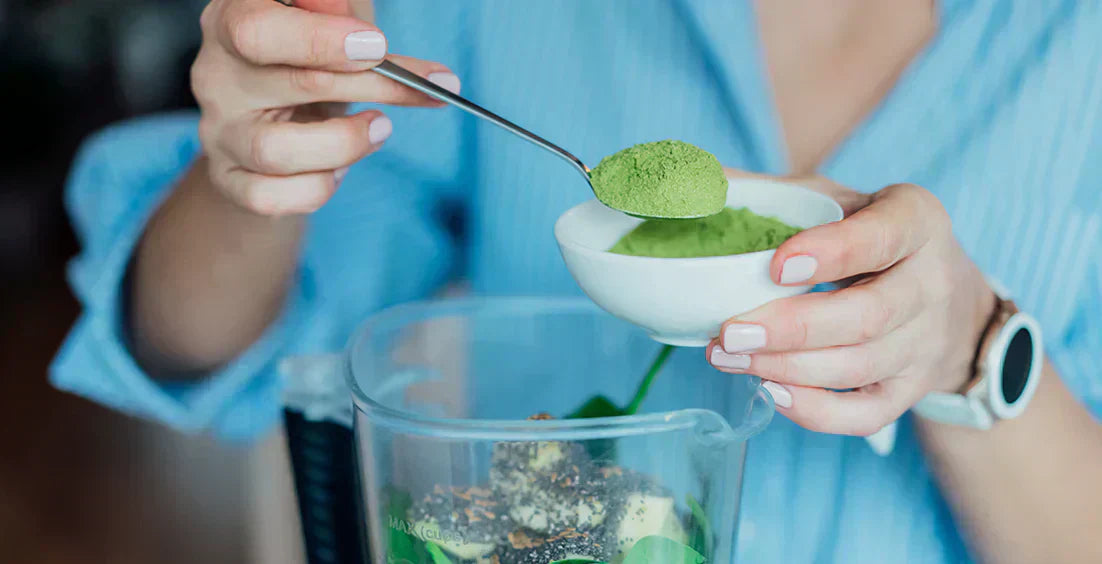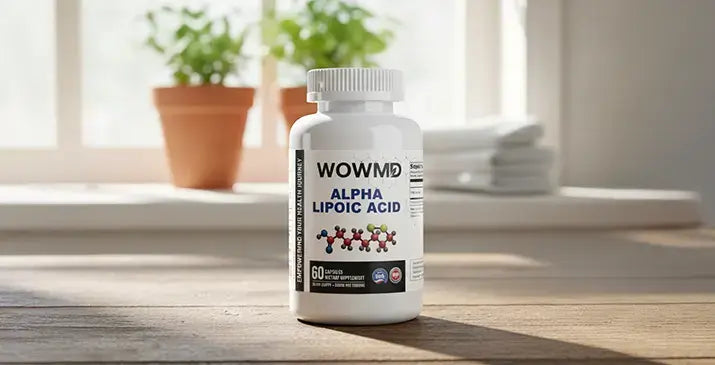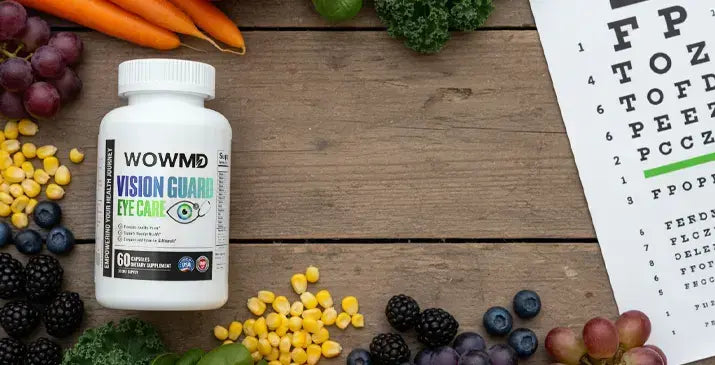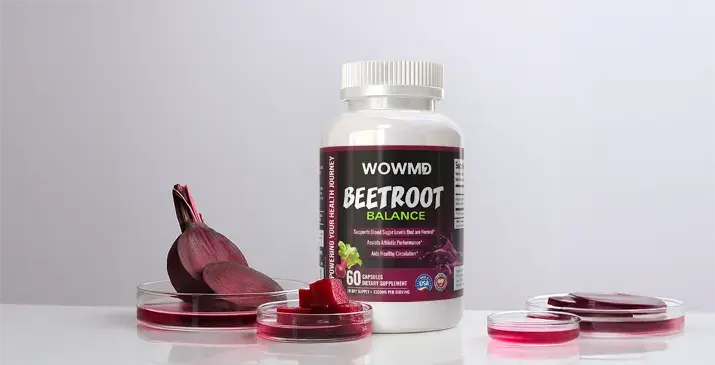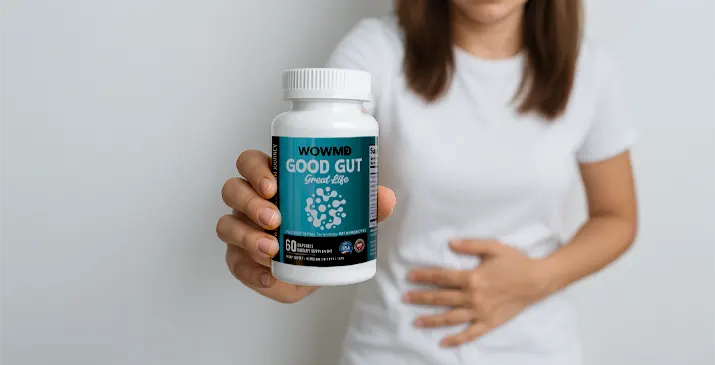Should You Take Multivitamins with Iron?
Multivitamins blend vitamins and minerals to meet your micronutrient needs. Let's explore into Iron's role in your body and its impact on health.
Advertiser Disclosure: WOWMD independently vets all recommended products. If you purchase a featured product, we may be compensated. Learn why you can trust us.
You May Also Like
Popular Stories
- Supporting Metabolic Health Naturally: A Science-Based Guide
- How to Build Your Perfect Wellness Stack: A Beginner's Guide
- 5 Essential Nutrients Most Americans Are Missing
- The Nutrition-Sleep Connection: How What You Eat Affects How You Sleep
- Superfood Greens Powder Uses & Recipes
- The Best Beef Tallow Products for Radiant Skin: A 2026 Guide
References
WOWMD follows strict sourcing guidelines to ensure the accuracy of its content, outlined in our editorial policy. We use only trustworthy sources, including peer-reviewed studies, qualified experts, and information from top institutions.
- Iron deficiency anaemia: pathophysiology, assessment, practical management PMC (nih.gov)
- Molecular Mechanisms of Iron and Heme Metabolism (nih.gov)
- Non-heme iron enzymes: contrasts to heme catalysis (nih.gov)
- Iron overdose epidemiology, clinical features and iron concentration-effect relationships: the UK experience 2008-2017 (nih.gov)
- Iron Deficiency Anemia: A Common and Curable Disease PMC (nih.gov)
- Multivitamin/mineral Supplements (nih.gov)
- Iron Supplementation (nih.gov)
- Iron-Deficiency Anemia (hematology.org)
- Iron Absorption: Factors, Limitations, and Improvement Methods PMC (nih.gov)
- Iron (nih.gov)
 Alpha Man Power Pack
Alpha Man Power Pack All-Day Fat Burn Trio
All-Day Fat Burn Trio Better Immunity Bundle
Better Immunity Bundle  Calm & Sleep Duo
Calm & Sleep Duo Cognitive Health & Vision Combo
Cognitive Health & Vision Combo Complete Weight Loss Bundle
Complete Weight Loss Bundle Core Vitality Trio
Core Vitality Trio Energy Booster Combo
Energy Booster Combo Focus Fuel Trio
Focus Fuel Trio Glow & Balance Duo
Glow & Balance Duo Health Balance Trio
Health Balance Trio Heart Care Bundle
Heart Care Bundle Joint Health Support Combo
Joint Health Support Combo Men's Immunity & Prostate Health Bundle
Men's Immunity & Prostate Health Bundle Metabolism Boost Duo
Metabolism Boost Duo Natural Skin Care Bundle
Natural Skin Care Bundle Peak Performance Duo
Peak Performance Duo Relax & Recharge Duo
Relax & Recharge Duo Skin Detoxification Bundle
Skin Detoxification Bundle Smart Energy Trio
Smart Energy Trio Stress + Energy + Wellness Combo
Stress + Energy + Wellness Combo  Total Burn Ignite Trio
Total Burn Ignite Trio Total Harmony Pack
Total Harmony Pack Workout Supplements Combo
Workout Supplements Combo